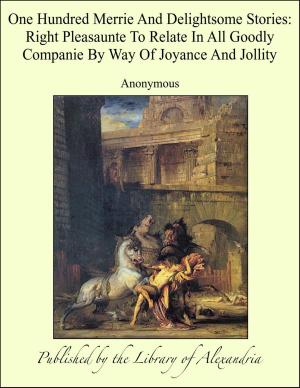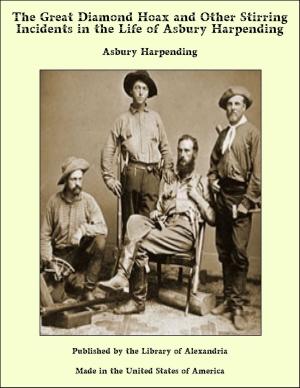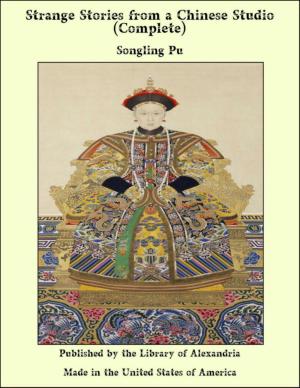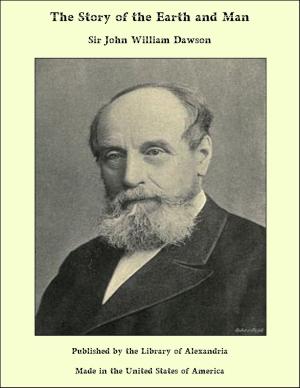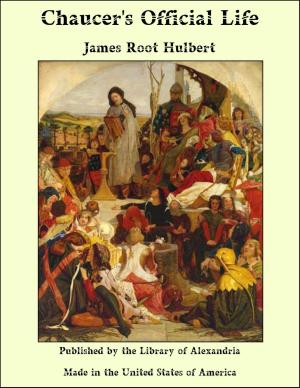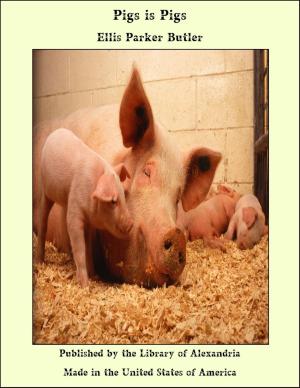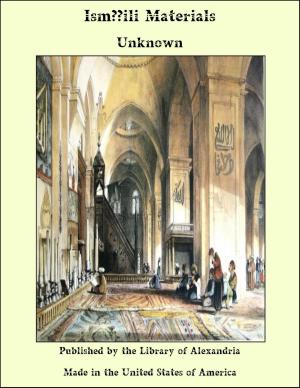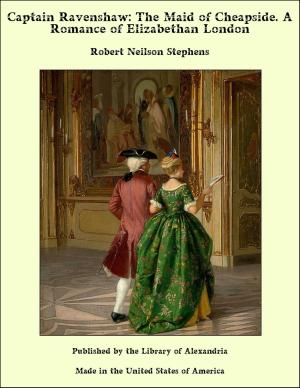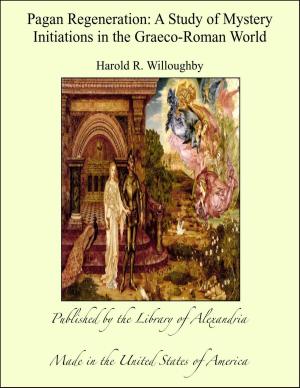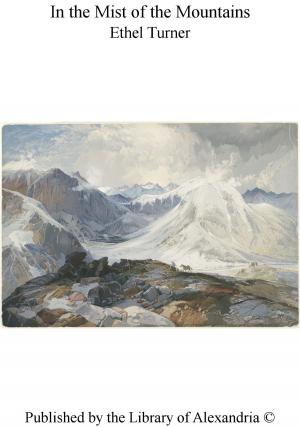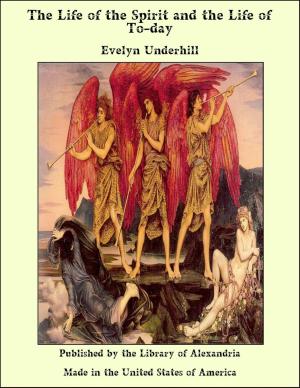The Lives of the III Normans, Kings of England: William the First, William the Second and Henrie the First
Nonfiction, Religion & Spirituality, New Age, History, Fiction & Literature| Author: | John Hayward | ISBN: | 9781465518194 |
| Publisher: | Library of Alexandria | Publication: | March 8, 2015 |
| Imprint: | Language: | English |
| Author: | John Hayward |
| ISBN: | 9781465518194 |
| Publisher: | Library of Alexandria |
| Publication: | March 8, 2015 |
| Imprint: | |
| Language: | English |
Ovr late, too late borne, or too soone dying Prince, Henry of famous memorie, your deceased brother, sent for mee, a few monethes before his death. And at my second comming to his presence, among some Other speeches, hee complained much of our Histories of England; and that the English Nation, which is inferiour to none in Honourable actions, should be surpassed by all, in leauing the memorie of them to posteritie. For this cause hee blamed the negligence of former ages: as if they were ignorant of their owne deseruings, as if they esteemed themselues vnworthie of their worth. I answered, that I conceiued these causes hereof; One, that men of sufficiencie were Otherwise employed; either in publicke affaires, or in wrestling with the world, for maintenance or encrease of their priuate estates. another is, for that men might safely write of Others in a tale, but in maner of a History,safely they could not: because, albeit they should write of men long since dead, and whose posteritie is cleane worne out; yet some aliue, finding themselues foule in those vices, which they see obserued, reproued, condemned in Others; their guiltinesse maketh them apt to conceiue, that whatsoeuer the words are, the finger pointeth onely at them. The last is, for that the Argument of our English historie hath bene so soiled heretofore by some vnworthie writers, that men of qualitie may esteeme themselues discredited by dealing in it. And is not this (said he) an errour in vs, to permit euery man to be a writer of Historie? Is it not an errour to be so curious in Other matters, and so carelesse in this? We make choise of the most skilfull workemen to draw or carue the portraiture of our faces, and shall euery artlesse Pensell delineate the disposition of our minds? Our apparell must be wrought by the best Artificers, and no soile must be suffered to fall vpon it: and shall our actions, shall our conditions be described by euery bungling hand? Shall euery filthie finger defile our reputation? Shall our Honour be basely buried in the drosse of rude and absurd writings? Wee are carefull to prouide costly Sepulchers, to preserue our dead liues, to preserue some memorie what wee haue bene: but there is no monument, either so durable, or so largely extending, or so liuely and faire, as that which is framed by a fortunate penne; the memory of the greatest Monuments had long since perished, had it not bene preserued by this meanes. To this I added; that I did alwayes conceiue, that we should make our reckoning of three sorts of life: the short life of nature, the long life of fame, and the eternall life of glorie. The life of glorie is so farre esteemed before the Other two, as grace is predominant in vs: the life of fame before our naturall life is so farre esteemed, as a generous spirit surmounteth sensualitie; as humane nature ouerruleth brutish disposition. So farre as the noble nature of man hath dominion in our minds, so farre do we contemne, either the incōmodities, or dangers, or life of our body, in regard of our reputation and fame. Now seeing this life of fame is both preserued and enlarged chiefly by history; there is no man (I suppose) that will either resist, or not assist, the commendable or atleast tolerable writing thereof, but such as are conscious to themselues, either that no good, or that nothing but ill, can bee reported of them. In whom notwithstanding it is an errour to thinke, that any power of the present time, can either extinguish or obscure the memorie of times succeeding. Posteritie will giue to euery man his due: Some ages hereafter will affoord those, who will report vnpartially of all
Ovr late, too late borne, or too soone dying Prince, Henry of famous memorie, your deceased brother, sent for mee, a few monethes before his death. And at my second comming to his presence, among some Other speeches, hee complained much of our Histories of England; and that the English Nation, which is inferiour to none in Honourable actions, should be surpassed by all, in leauing the memorie of them to posteritie. For this cause hee blamed the negligence of former ages: as if they were ignorant of their owne deseruings, as if they esteemed themselues vnworthie of their worth. I answered, that I conceiued these causes hereof; One, that men of sufficiencie were Otherwise employed; either in publicke affaires, or in wrestling with the world, for maintenance or encrease of their priuate estates. another is, for that men might safely write of Others in a tale, but in maner of a History,safely they could not: because, albeit they should write of men long since dead, and whose posteritie is cleane worne out; yet some aliue, finding themselues foule in those vices, which they see obserued, reproued, condemned in Others; their guiltinesse maketh them apt to conceiue, that whatsoeuer the words are, the finger pointeth onely at them. The last is, for that the Argument of our English historie hath bene so soiled heretofore by some vnworthie writers, that men of qualitie may esteeme themselues discredited by dealing in it. And is not this (said he) an errour in vs, to permit euery man to be a writer of Historie? Is it not an errour to be so curious in Other matters, and so carelesse in this? We make choise of the most skilfull workemen to draw or carue the portraiture of our faces, and shall euery artlesse Pensell delineate the disposition of our minds? Our apparell must be wrought by the best Artificers, and no soile must be suffered to fall vpon it: and shall our actions, shall our conditions be described by euery bungling hand? Shall euery filthie finger defile our reputation? Shall our Honour be basely buried in the drosse of rude and absurd writings? Wee are carefull to prouide costly Sepulchers, to preserue our dead liues, to preserue some memorie what wee haue bene: but there is no monument, either so durable, or so largely extending, or so liuely and faire, as that which is framed by a fortunate penne; the memory of the greatest Monuments had long since perished, had it not bene preserued by this meanes. To this I added; that I did alwayes conceiue, that we should make our reckoning of three sorts of life: the short life of nature, the long life of fame, and the eternall life of glorie. The life of glorie is so farre esteemed before the Other two, as grace is predominant in vs: the life of fame before our naturall life is so farre esteemed, as a generous spirit surmounteth sensualitie; as humane nature ouerruleth brutish disposition. So farre as the noble nature of man hath dominion in our minds, so farre do we contemne, either the incōmodities, or dangers, or life of our body, in regard of our reputation and fame. Now seeing this life of fame is both preserued and enlarged chiefly by history; there is no man (I suppose) that will either resist, or not assist, the commendable or atleast tolerable writing thereof, but such as are conscious to themselues, either that no good, or that nothing but ill, can bee reported of them. In whom notwithstanding it is an errour to thinke, that any power of the present time, can either extinguish or obscure the memorie of times succeeding. Posteritie will giue to euery man his due: Some ages hereafter will affoord those, who will report vnpartially of all

